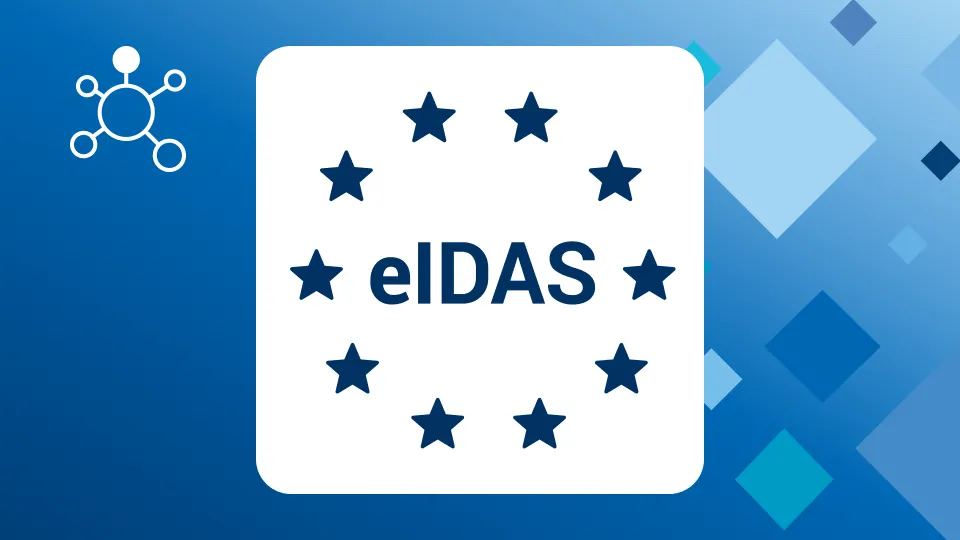Definition: Hold Your Own Key (HYOK) is a security principle and strategy used in cryptography and information security. It refers to a model where individuals or entities retain control over their encryption keys rather than delegating that control to a third party.
Hold Your Own Key (HYOK) explained
Hold Your Own Key (HYOK) is a security concept for data encryption within cloud environments, that provides a high level of protection against unauthorized access to sensitive information.
Under this methodology, the cloud customer or user is responsible for generating, managing, and securely storing encryption keys. Importantly, these cryptographic assets are maintained exclusively within the customer's environment, ensuring they remain isolated from the cloud infrastructure and inaccessible to external entities.
In the HYOK model, cloud providers have no access to the key material or any knowledge of the encryption keys employed. This stringent measure ensures that data can be encrypted before it is migrated to the cloud, shielding it from any unauthorized access by the cloud provider.
Through HYOK, stringent security protocols can be maintained even within the cloud computing environment. Crucially, cloud customers and users maintain absolute control over their data, bolstering trust and accountability. However, it's important to note that cloud applications may experience limitations due to their restricted access to unencrypted data. HYOK excels in applications that require secure data storage, archival, or backup solutions, where maintaining data integrity is paramount.
Benefits of using HYOK
HYOK presents several notable advantages:
- Enhanced Data Security: Despite leveraging cloud computing, a high level of data security can be attained, ensuring peace of mind for the customer or user
- Retained Data Control: Users maintain complete control over their data, safeguarding it from unauthorized access or manipulation
- Encrypted Data Storage: Sensitive data remains solely in encrypted form within the cloud environment, mitigating the risk of exposure
- Provider Exclusion: Cloud providers are unable to access the plaintext data, ensuring the confidentiality of the information stored
- Protection Against Misuse: Customers are shielded from potential misuse of cloud administrator rights, minimizing the risk of data breaches or unauthorized actions.
Hold Your Own Key (HYOK) vs Bring Your Own Key (BYOK)
Hold Your Own Key (HYOK) and Bring Your Own Key (BYOK) are two strategies for data encryption in cloud computing, each with distinct characteristics.
In HYOK, the cloud customers exclusively generate, manage, and store encryption keys, ensuring utmost control and security over their data. Cloud providers have no access to the key material and no knowledge of the keys used. Encryption occurs before data is transmitted to the cloud, with keys kept isolated from the cloud provider. This approach offers unparalleled security but may limit cloud application functionality due to restricted access to unencrypted data.
HYOK is ideal for applications that require secure data storage and archiving, as well as data backups.
BYOK refers to a concept in which the cloud provider encrypts and decrypts data on its platform. In contrast to HYOK, BYOK allows customers to retain ownership of encryption keys while storing them with the cloud provider. While providing a balance of security and convenience, BYOK enhances the scalability and flexibility of cloud services, with applications having easier access to unencrypted data compared to HYOK.
In summary, HYOK offers a higher level of security and control over data, but it may introduce limitations for cloud applications. On the other hand, BYOK provides a balance between security and convenience, allowing customers to leverage cloud services while maintaining control over encryption keys. Ultimately, the choice between HYOK and BYOK depends on the organization's specific security needs and operational requirements.
How Hardware Security Modules (HSMs) play a crucial role
Hardware Security Modules (HSMs) play a crucial role in both Hold Your Own Key (HYOK) and Bring Your Own Key (BYOK) encryption strategies, providing a secure and tamper-resistant environment for storing and managing encryption keys.
In the context of HYOK, HSMs can be employed by the cloud customer to generate, store, and protect encryption keys within their own infrastructure. This ensures that the keys remain under the direct control of the customer, enhancing security by preventing unauthorized access to sensitive data. By utilizing HSMs, customers can maintain full ownership and control over their encryption keys, ensuring data confidentiality and integrity.








